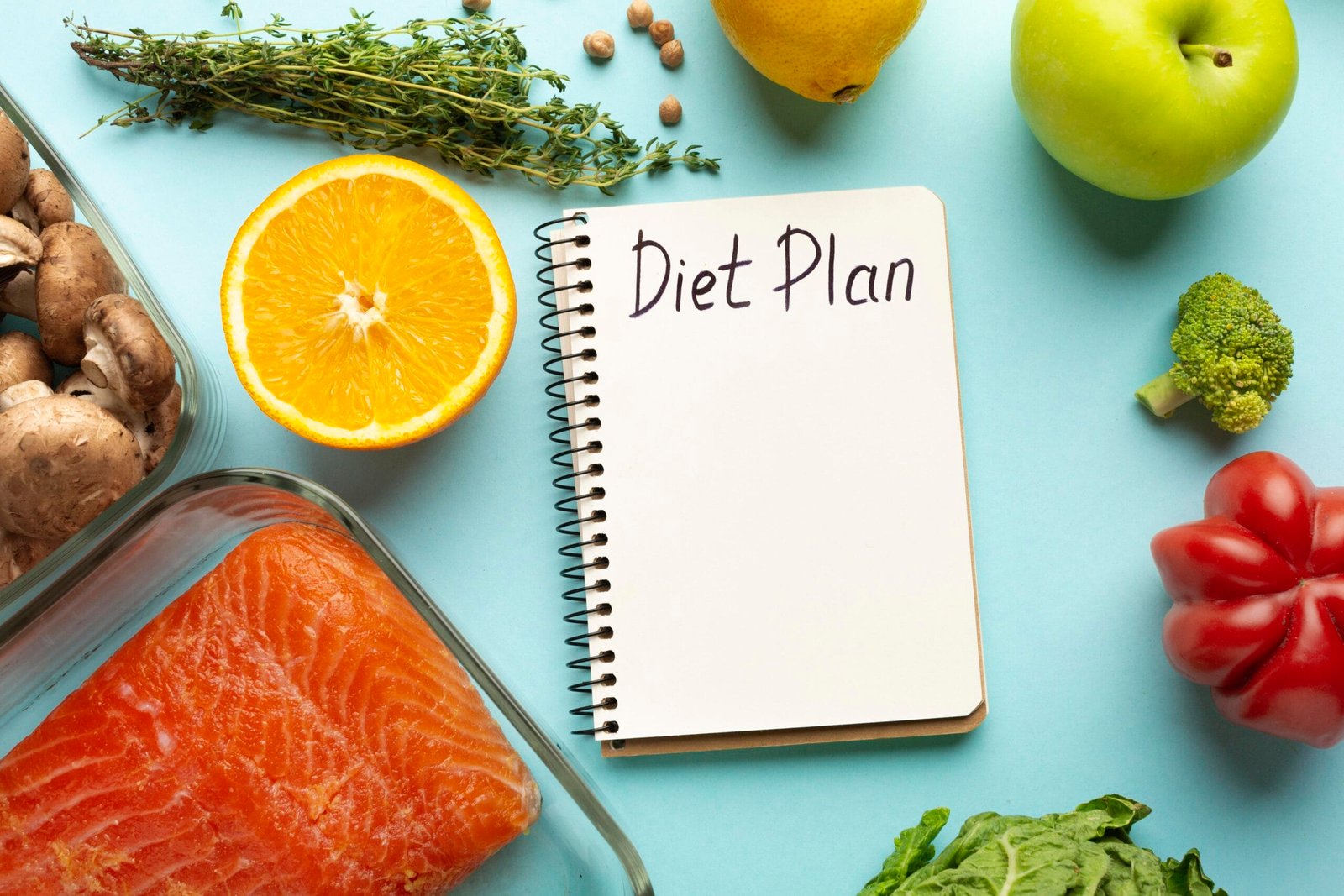7 Day Diet Plan for Weight Loss
Introduction to the 7-Day Diet Plan
Beginning a weight loss journey often involves finding an effective diet plan. The 7 day diet plan has gained popularity for its structured approach, promising significant results within a short timeframe. It acts as a jumpstart towards weight loss while emphasizing the importance of balanced nutrition and portion control.
Understanding the Basics of the Diet Plan
At its core, the 7 day diet plan operates on the principle of creating a calorie deficit. By controlling daily caloric intake, the body is encouraged to tap into stored fat reserves, aiding weight loss. This plan usually comprises carefully curated meals emphasizing fruits, vegetables, lean proteins, and whole grains.
Day-by-Day Breakdown
The beauty of the 7 day diet plan lies in its daily variation. Each day presents a unique meal plan, ensuring a diverse nutrient intake while adhering to the overall calorie restriction. For instance, day one might focus on fruits to detoxify the body, while day two could emphasize vegetables for essential vitamins and minerals.
Food Choices and Nutritional Balance
A crucial aspect of the 7-day diet plan is maintaining nutritional equilibrium. It advocates for a well-rounded intake of proteins, fibers, vitamins, and minerals from various food groups. While controlling calories, the plan ensures essential nutrients are not compromised.
Tips for Success and Adherence
Success with the 7 day diet plan depends on commitment and adherence. Effective meal preparation, portion control, staying adequately hydrated, and finding healthier alternatives for cravings are pivotal strategies. Mindfulness throughout the week is crucial for sustaining this dietary regimen.
Exercise and Complementing the Diet Plan
While dietary modifications are central to the 7-day plan, incorporating exercise enhances its effectiveness. Regular physical activity not only aids in weight loss but also contributes to overall health improvement. Whether it’s cardio, strength training, or daily walks, exercise complements the diet plan.
Potential Risks and Precautions
Despite its potential, the 7-day diet plan may not suit everyone. Rapid weight loss can trigger temporary side effects such as fatigue, irritability, or dizziness. Individuals with specific health conditions or those on medications should consult healthcare professionals before starting this diet plan.
Conclusion
The 7 day diet plan serves as a structured kickstart to weight loss, providing a framework for healthier eating habits. However, it’s essential to prioritize health and consider transitioning to a more diverse, sustainable long-term diet after completing this plan.
FAQs
1. Is the 7-day diet plan suitable for long-term weight management?
Primarily, the 7-day diet plan serves as an initial phase and isn’t intended for prolonged use. Transitioning to a more varied and balanced diet post the 7 days is advisable for sustainable weight management.
2. Can I personalize the 7 day diet plan based on my food preferences?
Absolutely! The plan is adaptable. You can substitute foods while ensuring they align with the overall calorie and nutrient requirements.
3. Are there any side effects of the 7 day diet plan?
Rapid weight loss may lead to transient side effects like fatigue or dizziness. It’s crucial to listen to your body and seek medical advice if any issues persist.
4. Can I repeat the 7 day diet plan for continuous weight loss?
Consecutive repetitions of the plan are discouraged to prevent nutrient imbalances. Incorporating breaks or adopting a more sustainable eating pattern is recommended.
5. Is exercise mandatory during the 7-day diet plan?
While not mandatory, integrating exercise significantly enhances weight loss and overall well-being. Including physical activity during the plan is advantageous.







